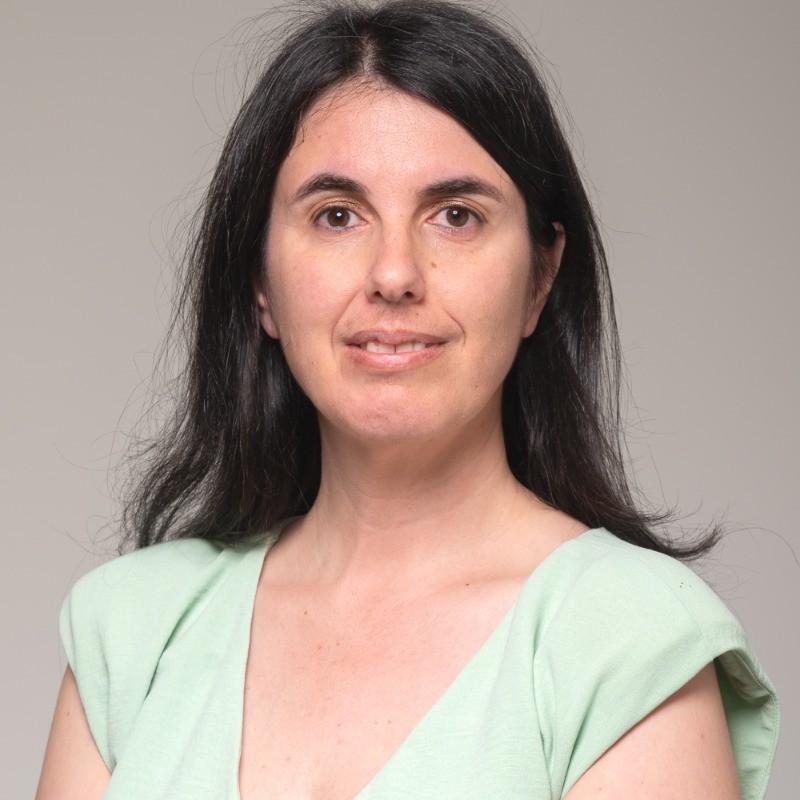Freda Zapsalis
A guiding force in career guidance, Emma uses her experience as a teacher to guide clients across education, adult guidance and organisational settings.
How did your career in careers begin?
I started as a secondary school teacher, but I was always drawn to the pastoral side - the one-to-one conversations, helping students figure things out, being someone they could trust. Eventually, I trained in careers guidance and knew I’d found the work that truly aligned with me. I wanted to support people beyond the classroom, helping them understand who they are, what they want, and how to get there.
What was a key turning point for you?
Founding Career Matters UK. I'd worked in higher education and adult guidance, but I saw a gap: people needed careers support that was more personal, honest, and values-led. Setting up on my own allowed me to build a practice focused on real people, real life, and real change. I also started delivering career development workshops in a dynamic, engaging way, using storytelling, psychology, and reflective practice as core tools.
What does your current work involve?
A mix! I run a private careers practice, deliver training and workshops, and also work with organisations to support their staff and teams. I offer 1:1 coaching, group sessions, CPD training for CDPs, and develop content that encourages reflective, inclusive practice. A big focus is creating safe, encouraging spaces - whether for students, job seekers, or professionals at a crossroads.
What motivates you?
Helping people feel less stuck and more seen. There’s so much noise and pressure out there to perform or pivot. I want to create quiet space for people to breathe, reflect, and choose - not just react. I also care deeply about access. Careers work shouldn’t be a luxury; it should be a fundamental part of learning, wellbeing, and progress.
What’s your work philosophy?
Be clear, kind, and boundaried. I approach people with empathy but challenge gently when needed. I believe in evidence-informed practice, but also in trusting intuition. I’m not here to tell people what to do; I’m here to help them ask better questions. And I protect my own wellbeing too - boundaries aren’t barriers, they’re bridges to sustainability.
Have you encountered challenges?
Early on, I struggled with saying no. I took on too much and burned myself out. I’ve since learned that sustainable practice is ethical practice – if I’m not well, I can’t support others. Another challenge has been navigating expectations from institutions, clients, or funders. I’ve learned to honour what people need without losing sight of my values. l
Favourite career development theories?
I draw from a mix, but especially:
Planned Happenstance - for embracing the unexpected
Narrative approaches - because our stories matter
Life Design - for its reflective, coaching-informed framework What they all share is the understanding that careers are complex, non-linear, and deeply personal.
Who or what has influenced you?
People who’ve shown up with integrity and kindness - mentors, clients, colleagues. I’m also hugely inspired by practitioners who work quietly but profoundly to make guidance more inclusive, trauma-informed, and context-aware.
What does a typical day look like?
No such thing! But it might involve:
1:1 coaching or CV reviews
Delivering a workshop on confidence or job searching
Preparing training resources
Writing reflective content for social media or my website
And crucially - taking time to rest, reflect, and reset
What’s your view on the future of careers work?
We need to humanise it. Career development isn’t just about skills or sectors - it’s about who people are becoming. In a world full of uncertainty, careers support must be grounded, honest, and empowering. And we need more voices - more diversity, more lived experience, more co-production.
Advice for new CDPs?
Be a learner first.
Reflect deeply, often.
Build strong boundaries - then teach them to others.
Don’t feel like you must know it all - your role is to hold space, not hold answers.
Final reflections?
Careers work can be transformational – but only if we do it with humility, clarity, and care. It’s not about solving everything; it’s about walking alongside people as they figure out their way.

